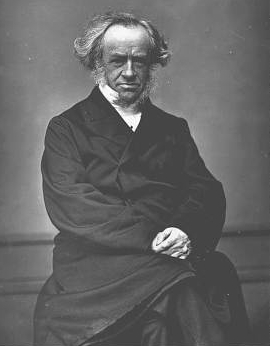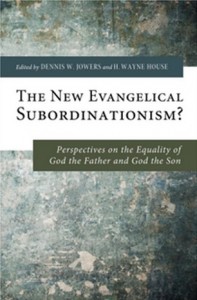Claudio Monteverdi (1567-1643) was an Italian composer whose music, both secular and sacred, was influential in the transition from Renaissance forms of music to the Baroque period. He is well known for his use and development of two different styles of composition: Renaissance polyphony and the Baroque basso continuo technique (i.e., musical parts that provide the harmonic structure of a composition). He also wrote one of the earliest operas, which he called L’Orfeo. After working as a musician in the... Read more















